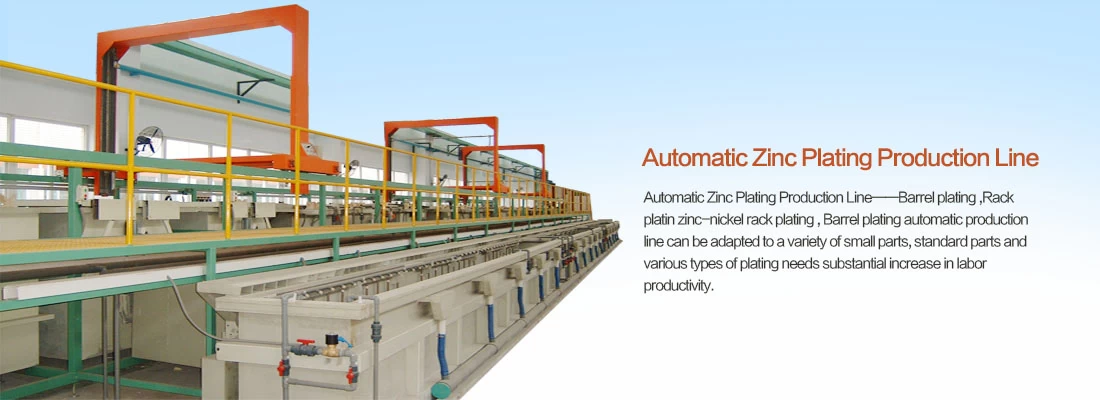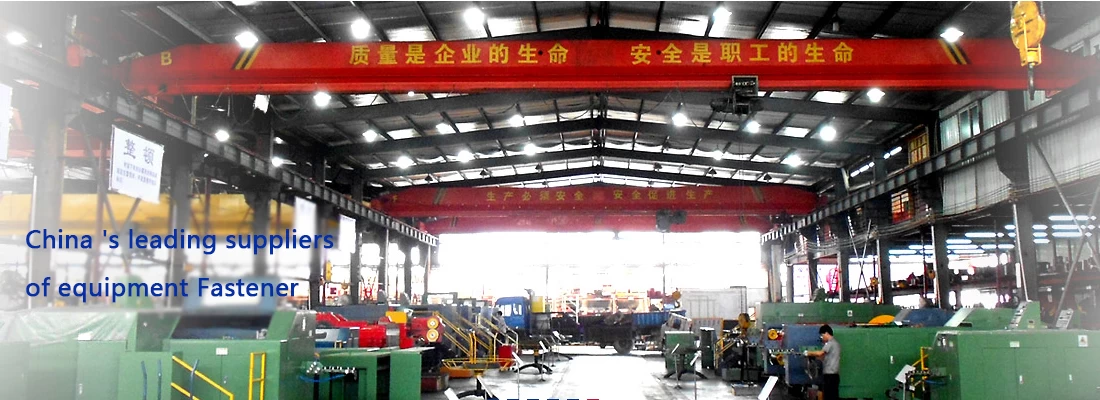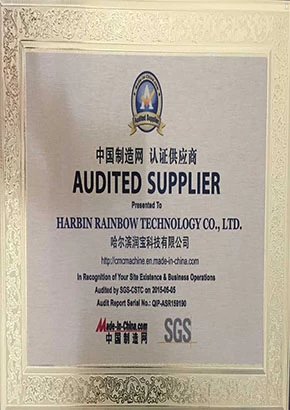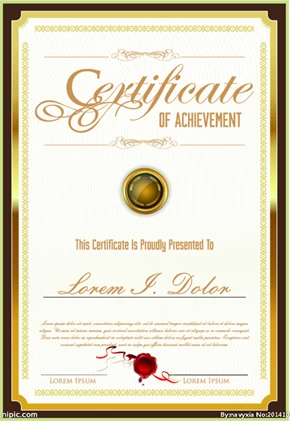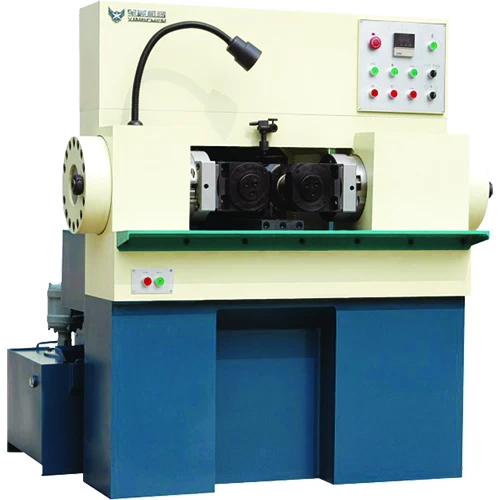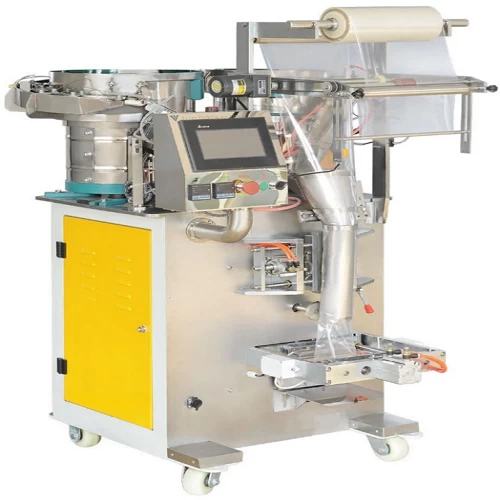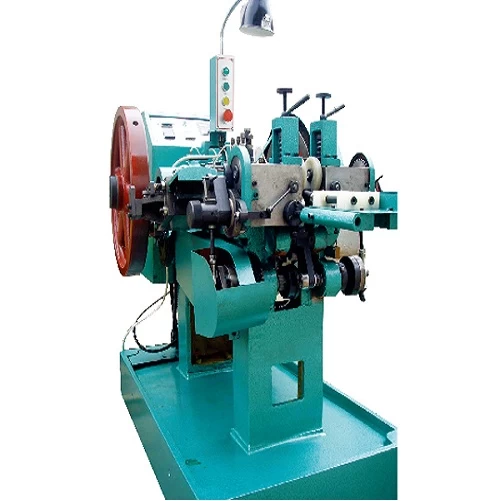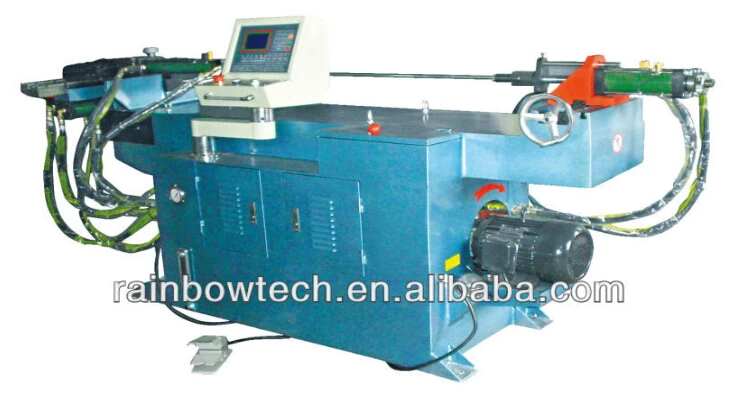Introduction To Spring Washers And Flat Washers
Maybe some people want to know what is the difference between the function of a spring washer and a flat washer. As a professional fastener manufacturer, Xinchi Fastener Company has many years of experience in the fastener industry, we are happy to give you a brief introduction to this aspect of the situation, and hope to be helpful to you.
The function of spring washer and flat washer
Spring washer is mainly used for anti-loosening, while flat washer has no anti-loosening function. That is, a flat washer is just to increase the contact area, however, a spring washer can be anti-loosening. For example, the bolt connecting the motor and the machine base should be added with a spring washer, because the electric machine will vibrate, if there is no spring washer, the nut will loosen. Generally, the fasteners on the equipment with vibration should be equipped with spring washers, and the flange generally does not need to add flat washers. The reason why the flange does not add spring washers is related to the medium of the pipeline flow. If the medium is prone to pulse, it is best to add spring washers. Also, if it’s a high-velocity fluid, the caliber changes more frequently, so don’t generalize. On some valves, the gland flanges of the packing box need spring washers. In a word, the flat washer is to increase the fastening contact area; Spring washers can be used to prevent loose places with vibration; Tighten PVC flanges without spring washers.
Now we have known that the main function of the spring washer is to prevent loosening, so what are the specific conditions of the use of the spring washer?
The service conditions of spring washers
The applications of spring washers can be applied to the following four standards: standard spring washer (GB93-1987), light spring washer, (GB859-1987), and heavy spring washer (GB7244-1987).
The purpose of the spring washer is to fit under the nut to prevent the nut from loosening. It is stated in the national standard. The hexagon slotted nut is specially used with the bolt with a hole at the end of the screw so that the cotter pin can be inserted into the hole of the screw from the slot of the nut to prevent the nut from loosening automatically. It is mainly used on occasions with vibration load or alternating load.
Let’s give you a simple example to illustrate the application of spring washers in practical use.

This one in the picture is a screw assembly, technically called a hexagon bolt assembly.
This bolt is a common furniture fastening hardware connection and is an important fastener, usually used in the fixing of the legs of the table. For example, the rigorous hardware connection is usually used with the nut of the crossbar, which is to use the spring gasket. Because if there is a gap between the bolts and nuts when they are fastened, the furniture will inevitably shake and loosen the screws after a long time of use.
In addition, wood is cold and heat-shrinkable, spring washer’s main function is to give cushioning space. From the design idea, the spring washer (also called spring gasket) has a pre-tension, after being compressed, after the rebound.
In practice, due to the characteristics of the thread, it is easy for the nut to rotate along the direction of the spiral after tightening, resulting in the nut loosening.
In the early days, spring washers were introduced to solve this problem. Because the spring washer has pretension, after the nut presses the spring washer, under the action of pretension, the triangle screw buckle of the nut and the triangle screw buckle of the bolt is tightly attached together. Under the action of friction, the nut will no longer loosen. And the ordinary washer (also called round hole gasket or flat gasket or ordinary gasket), is a support under the spring washer pretension, increasing the pressure area of the spring washer preload.
The main role of the spring washer is introduced here, I hope this article can be helpful to you.
As a one-stop fastener company, we can provide a wide range of fasteners including stainless steel nuts, carbon steel nuts, 4 prong t nuts, bolts, screws, washers, and so on. Non-standard custom fasteners are also available as long as you provide the corresponding requirements and drawings. If you want to wholesale fasteners or want to consult fastener-related knowledge, please contact us, and our experienced service team will reply to you as soon as possible.



